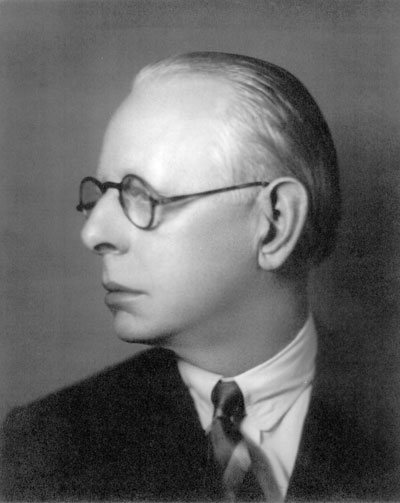 Day trading is a system based on rules, but as charts are analyzed and prices fluctuate, traders may find that they have a difficult time sticking to those rules when fear or greed become involved in the analysis. Successful traders are able to buy despite feelings of fear and sell despite feelings of wanting to prolong the holding of a stock.
Day trading is a system based on rules, but as charts are analyzed and prices fluctuate, traders may find that they have a difficult time sticking to those rules when fear or greed become involved in the analysis. Successful traders are able to buy despite feelings of fear and sell despite feelings of wanting to prolong the holding of a stock.
A confident trader will still take the time to test and re-test a stock. At first glance a stock might look like it’s in top shape and performing as expected, but a successful trader will not solely rely on first glance appearances. Those who day trade stocks know that in an instant the market can change and it’s important to stay abreast of company information as well as market news and conditions. A successful trader will stick to the rules set up in day trading systems to ensure that his or her reactions remain unbiased throughout the trade.
Effective day trading strategies focus on providing consistent and disciplined actions. Successful traders have a consistent approach to the market and trading. They will take the time to systematically build up their own trading system that takes into account their own personal elements of risk control and they will take the time to stick to their original trading plan. It’s not that traders shouldn’t make changes based on market information, but that the changes made should be based on established trading rules that help traders determine what their entry and exit points on a trade should be.
Some of the best day trading tips that a trader can get help them deal with fear and greed. Many traders find that they may be able to memorize the rules and familiarize themselves with knowing how to accurately interpret stock charts, but they also need to learn how to prepare themselves to deal with fear and greed.
Fear in trading primarily takes on two basic forms – the fear of loss and the fear of missing out. The fear of loss leads to selling stocks prematurely and as a result, they aren’t able to capitalize and recover fully on the trade. When they start to enter into trades, the trade isn’t given enough time to mature and the trader sells so that more isn’t risked.
The fear of missing out is another form of fear that compels people to abandon their rules so that they don’t lose out on another major stock move. These fears need to be dealt with because they will impact a trader’s entry and exit decisions.
Greed is the motivation for over-confidence. Dreams of “making it big” in trading can cloud a trader’s perspective. Again, they abandon the rules of their trading system in the hopes that more money will come their way. Traders need to learn how to deal with greed so they can maintain their focus and not have their thoughts be swept away with illusions.


 legendary speculator Jesse Livermore on LETTING YOUR WINNERS RUN
legendary speculator Jesse Livermore on LETTING YOUR WINNERS RUN

